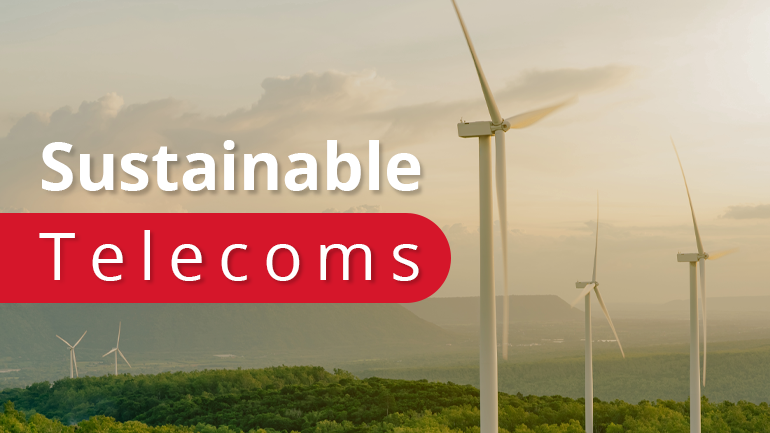In a recent surge of developments within the data center industry, Microsoft has taken the lead with its commitment to invest a staggering £2.5 billion in expanding artificial intelligence (AI) data center infrastructure in the UK. This landmark investment comes amidst a thriving year for the sector, showcasing a 13% estimated growth compared to the previous year, according to Synergy Research Group.
In a landmark move, Zain Group, Ooredoo, and TASC Towers Holding have officially inked a definitive agreement to merge their tower assets, forming a colossal entity valued at $2.2 billion. This strategic collaboration, originating from talks initiated in July, consolidates a combined total of 30,000 towers spanning Qatar, Kuwait, Algeria, Tunisia, Iraq, and Jordan, establishing the largest tower company in the Middle East and North Africa.
In a significant move towards advancing 5G network capabilities, Telenor and Ericsson have officially entered a three-year Memorandum of Understanding (MoU). The collaboration aims to pioneer research, development, and testing of Artificial Intelligence (AI) and Machine Learning (ML) solutions, with a primary focus on enhancing energy performance without compromising network quality.
EXA Infrastructure, the largest dedicated digital infrastructure platform connecting Europe and North America, today announced the extension of its network in the Mediterranean, linking Crete with mainland Greece via a second diverse submarine route as part of its ongoing strategic investment to accelerate its customers growth.
Switching to a cloud-based VoIP system has the potential to cut CO2 emissions from telephony equivalent to removing 22 million cars from the road. In an era prioritizing sustainability, traditional landlines contribute to significant carbon footprints and electronic waste. VoIP, utilizing the internet’s power, eliminates physical infrastructure, reduces electronic waste, and operates efficiently. Beyond resource conservation, VoIP’s energy efficiency, support for remote work, and future innovations, including AI optimization and renewable energy sources, position it as a sustainable solution. Join the movement for a cleaner world with every VoIP-powered conversation—a pledge to the planet.
The UK government’s recent decision to continue a tax exemption policy marking network gear costs as deductible pre-tax profit boosts established telecom firms like BT, although smaller enterprises might not see similar benefits. This fiscal initiative heavily benefits BT in their £15 billion full-fibre project, increasing their capital spending by £300 million annually, expediting their fibre rollout to 25 million homes by 2026.
Nokia, the renowned network equipment manufacturer, recently joined the Ultra Ethernet Consortium (UEC). Anchored by the Linux Foundation, the UEC fortifies Ethernet technologies to satisfy the escalating requirements of AI and high-performance computing. With members such as AMD, Cisco, and Microsoft, the consortium seeks to equip Ethernet with more advanced networking functions, while maintaining its simplicity and affordability.
In a strategic move to meet the escalating demands of the 5G era and burgeoning broadband connectivity in India, Nokia has joined forces with Bharti Airtel for a significant overhaul of the optical network infrastructure. The project aims to deliver ‘massive capacity,’ enhanced reliability, and cost efficiency for enterprises, operators, and hyperscalers in the region.
Travelers and businesses at Edinburgh Airport can expect notably improved 4G and 5G coverage, courtesy of telecom giant Vodafone. This upgrade not only means faster data speeds and better call quality, but could also pave the way for exciting new services such as digital passport controls and contactless check-in. Despite the complex infrastructure involved, Exchange Communications assures the ensuing benefits will outweigh the cost.
In the ongoing debate over Big Tech’s ‘fair share’ contribution to telecom infrastructures, new findings from the Belgian Institute for Postal Services and Telecommunications call into question the validity of the argument. BIPT concludes attributing Big Tech solely for data streams might be over simplistic, citing investments made by Content Application Providers in broader infrastructures. The study raises important concerns about the potential negative impact for end-users, small local CAPs, and the principle of net neutrality.













